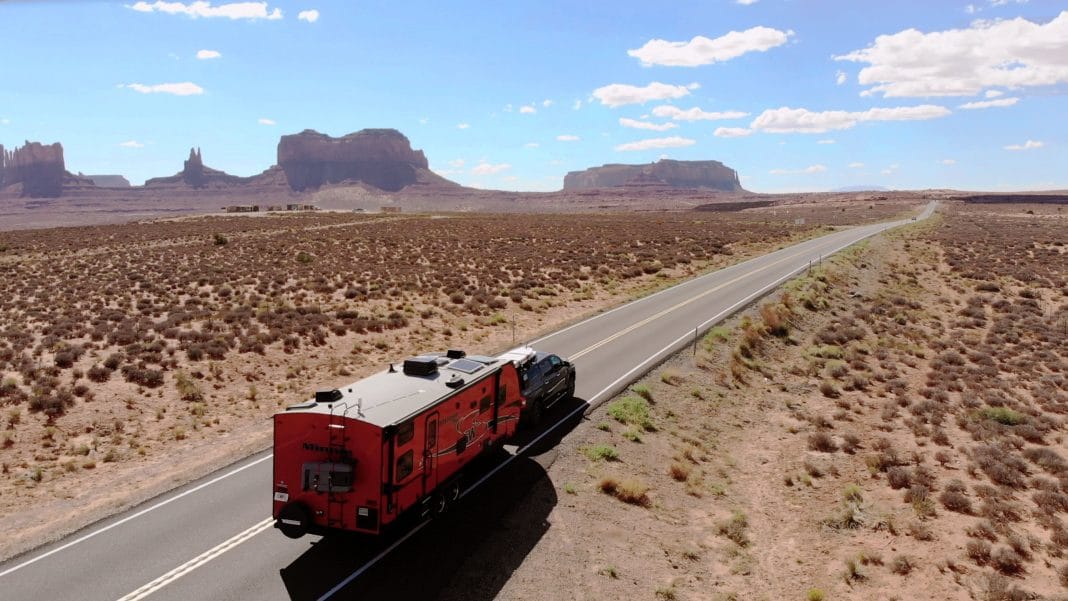How well you prepare your vehicle is possibly the most important factor in ensuring a safe, fun, carefree and relaxing trip. Before you hit the open road, there are several important parts of your vehicle to check. The most critical areas to check before going on a driving trip are engine fluids, radiator hoses, belts, tires and brakes. Adequately checking and preparing these key areas before you leave will not only keep you safe while driving, but they’ll help prevent costly repairs. Follow these simple instructions, and you’ll be on your way to a safe, worry-free driving vacation:
- Engine Oil — Before you go on vacation, check your oil level and the date your vehicle is due for an oil change. If you’ll be driving long distances, you’ll want to have your oil changed before you leave, and you’ll want to consider the type of engine oil you need for the trip. If you’re traveling in hot weather or under severe service conditions, such as towing a trailer, you should consider choosing a fully synthetic engine oil.
- Radiator coolant, hoses and belts — Have these inspected by a mechanic before you leave. Keeping an engine running at the proper temperature is extremely important. To make this happen the coolant must be clean, and it should never change color. Hoses and belts related to the cooling system allow coolant to flow to and from the radiator to keep the engine cool. If a hose or belt fails while driving, your engine will rapidly overheat. Overheating can damage or destroy an engine in minutes.
- Tire pressure and tread — Most people believe the recommended tire pressure is listed on the tire itself. Actually, the number on the tire is the maximum amount of pressure the tire safely can hold when it’s cold. Improper inflation, combined with extreme heat and high speed, can lead to a blow out. So, be safe. Look on your driver’s side door, on the inside of the fuel-filler door, in the owner’s manual or in your glove compartment for the recommended tire pressure, and check the pressure before you leave. Also, look at the tread on all tires to make sure it’s not too worn or unevenly worn, which can signal a wheel-alignment problem or worn front-end parts. If your tires are questionable in terms of condition or wear, it’s best to install new tires now than to take a chance on them failing while you are on the road.
- Brake system — The fluid in your brakes attracts and absorbs moisture. If you haven’t had a flush in the last year, get one before you leave. Moisture and brake parts don’t mix. Moisture-laden brake fluid causes severe damage to very costly brake parts and lowers the fluid’s boiling point. A lowered boiling point can lead to brake failure during hard or prolonged brake application, which can be common on long road trips. Heavy traffic and hills seriously stress brakes and brake
fluid. - Plan ahead — Make sure you have a charged cell phone and know who to call if your vehicle breaks down in a remote area. Planning ahead and considering the small details before you leave will help you to hit the road safely and with peace of mind. Finally, keep your speed down.


